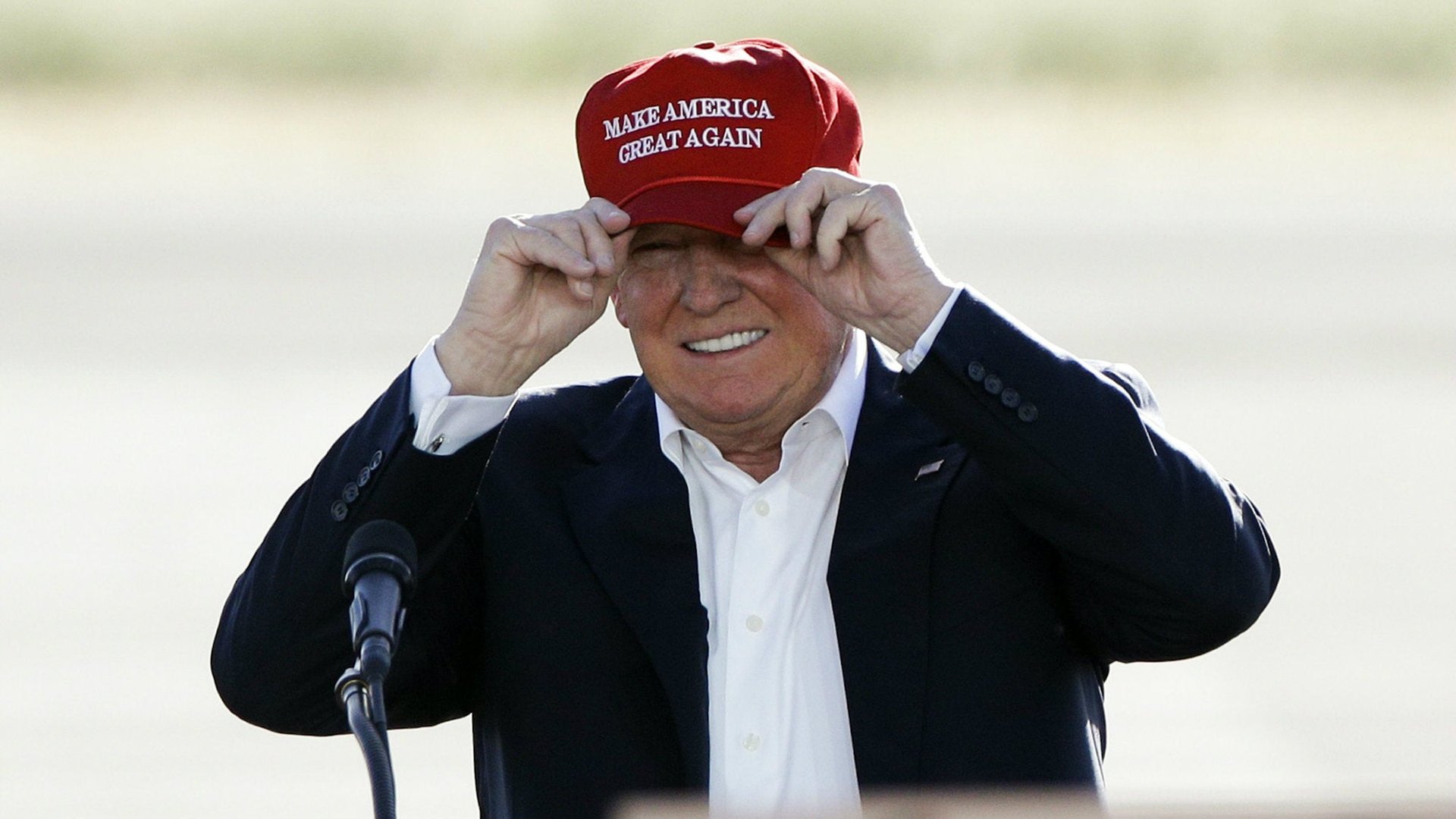California’s primary shows how badly the Republican Party has messed up
Set aside, a moment, the question of how many delegates Hillary Clinton and Sen. Bernie Sanders won in today’s California primary in California for a moment. One of the most important takeaways from the contest is how Republicans have completely lost their grip in the nation’s most populous state.


Set aside, a moment, the question of how many delegates Hillary Clinton and Sen. Bernie Sanders won in today’s California primary in California for a moment. One of the most important takeaways from the contest is how Republicans have completely lost their grip in the nation’s most populous state.
In 2010, California voters approved new electoral rules allowing the top two finishers in primary contests for all Senate and House of Representative seats to advance to the state general election, regardless of party affiliation. Lately, that’s meant that Republicans are being left out of the state general elections altogether.
For the seat being vacated by retiring Sen. Barbara Boxer (a Democrat), for example, that means that Democrat Kamala Harris, the state Attorney General, will likely face off against fellow Democrat Loretta Sanchez, an Orange County congresswoman. It’s the same story in House and state assembly races farther down the ballot.
Come November, there may not be many Republican candidates on the California ballot for the party’s dwindling number of registered voters to support. Given the deep ambivalence of many Republicans regarding their presumptive nominee Donald Trump, not that many GOP voters may bother to turn up anyway.
The number and percentage of registered Republicans in California has declined steadily since 2000, even as the state’s population has grown. Republicans now represent only 27.6% of registered California voters—just above the 24% who have no declared party preference. Not a single Republican holds statewide office.
This wasn’t always the case. As the Economist points out, California voted for the Republican nominee in every presidential race from 1952 to 1988, with the exception of Lyndon Johnson’s 1964 landslide victory. The GOP started losing ground in the 1990s, when it embraced anti-immigration rhetoric and measures just as the number of Latino and Asian voters in the state started rising.
“California is the leading edge of the country’s demographic changes,” Republican state chairman Jim Brulte told the Washington Post last year. “Frankly, Republicans in California did not react quickly enough to them, and we have paid a horrible price.”
No party needs California to win the White House, but it sure does help. The state holds 55 electoral votes—one-fifth of the total a candidate needs to secure the presidency. Relinquishing those for good, or even for the foreseeable future, puts the GOP at a major disadvantage.